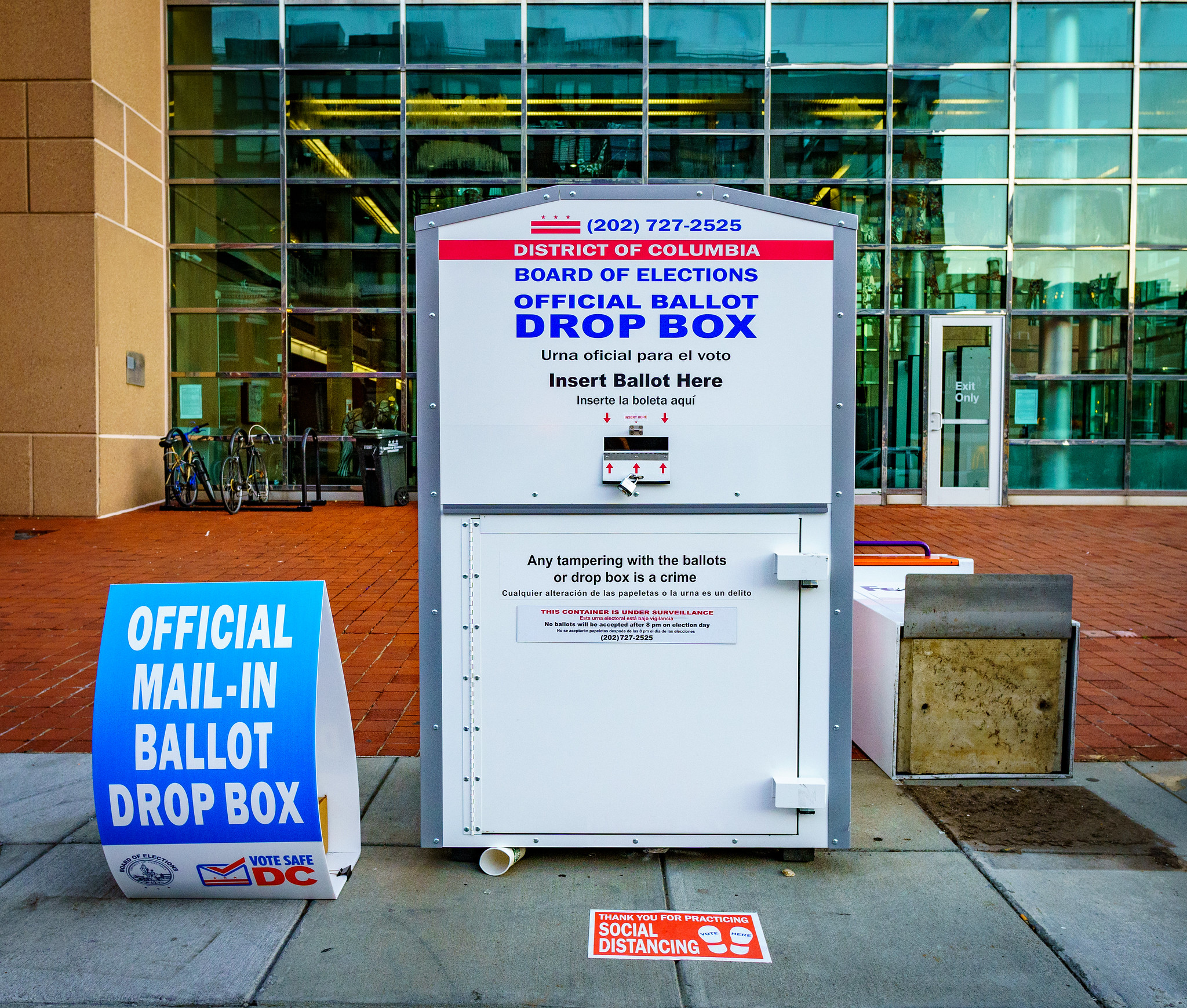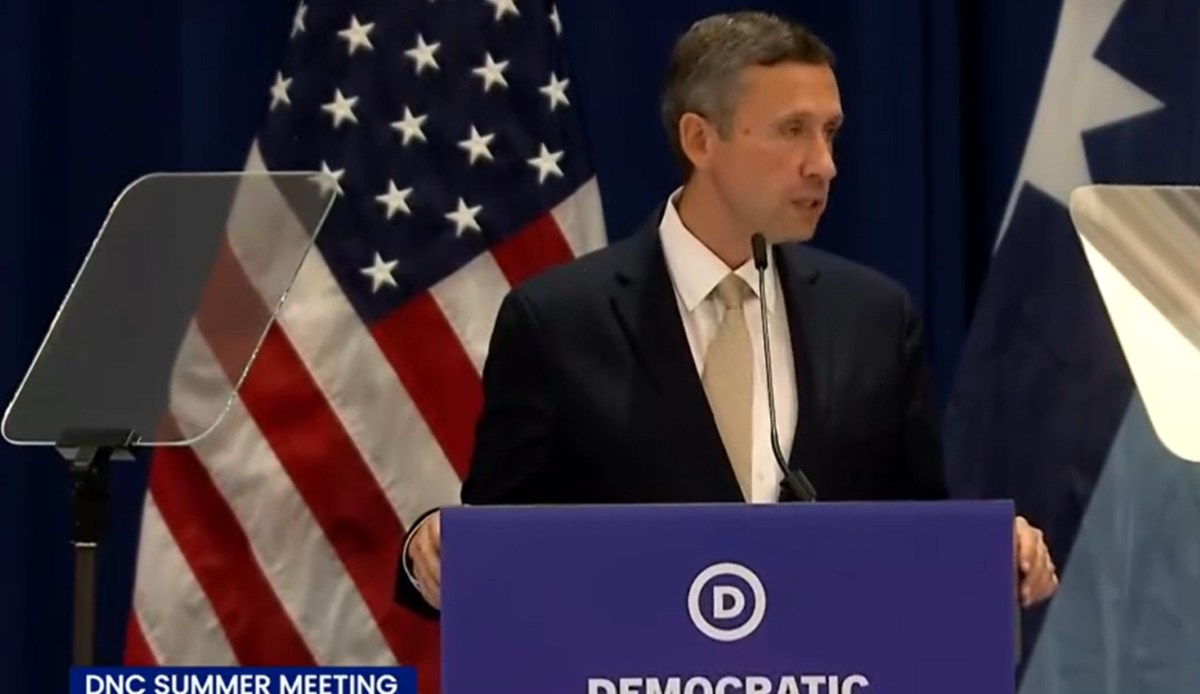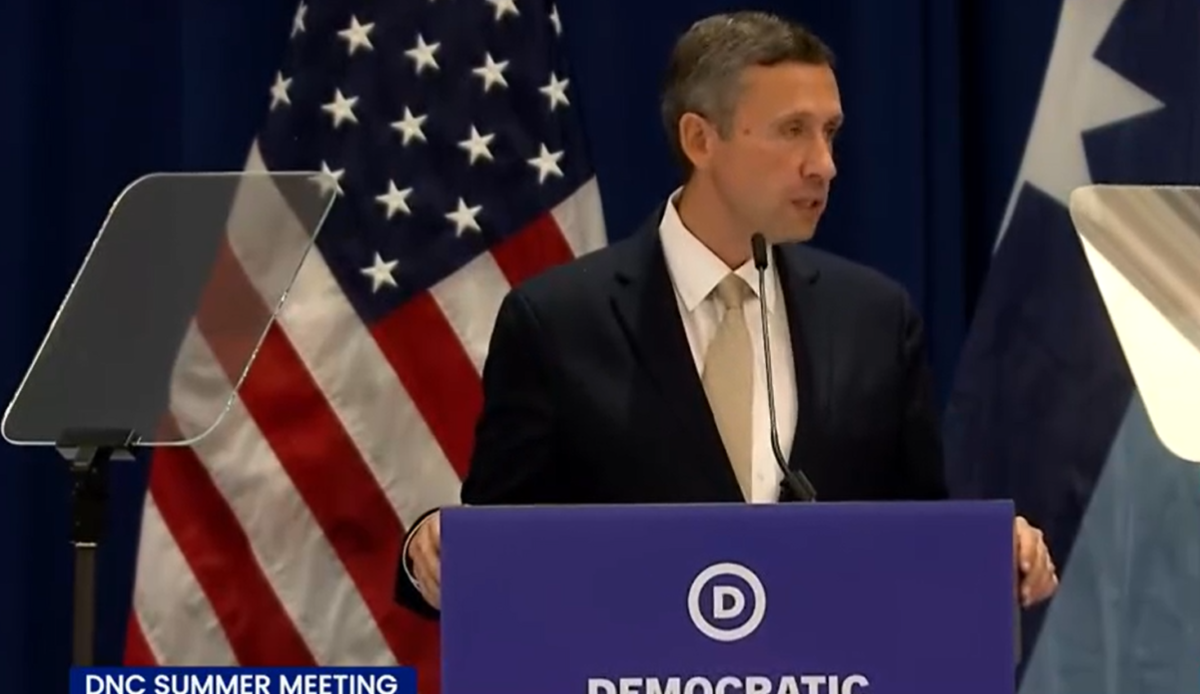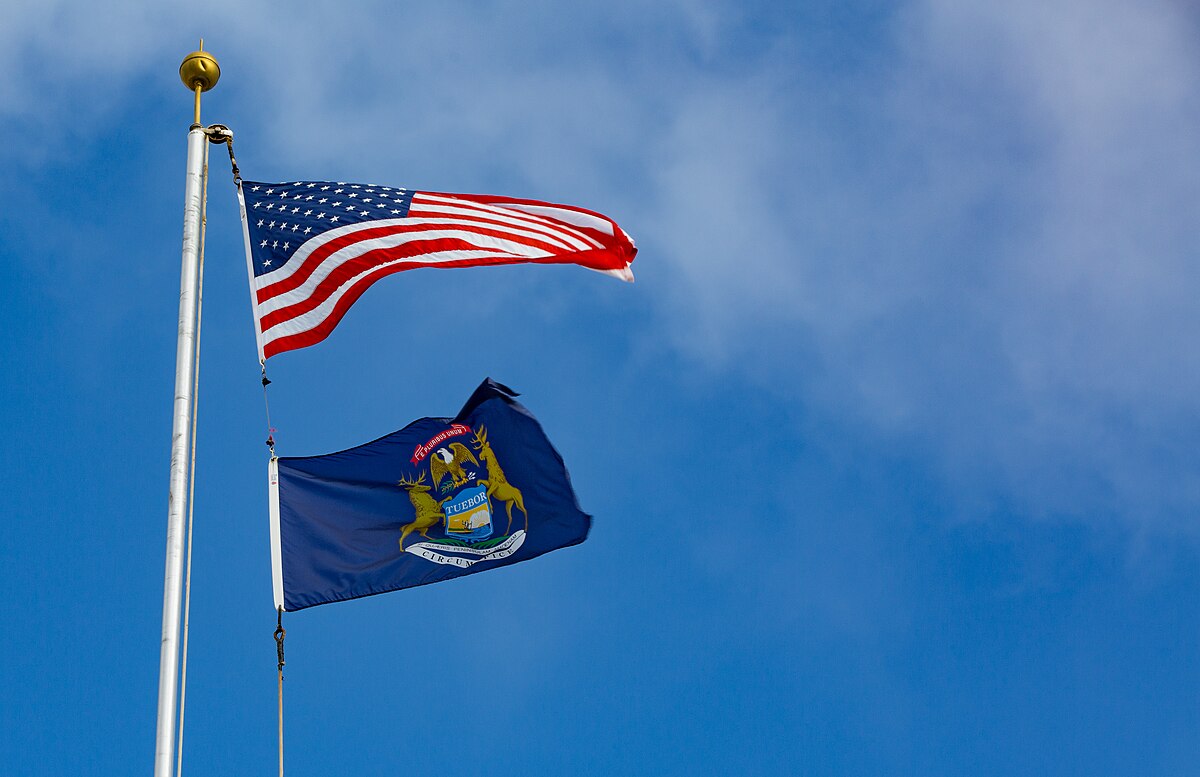Former President Donald Trump has intensified his campaign against mail-in voting, citing concerns over election integrity. During a recent press event, Trump stated, “We, as a Republican Party, are going to do everything possible that we get rid of mail-in ballots.” He indicated that an executive order to eliminate mail-in voting is currently being drafted by legal experts.
Trump’s remarks come as he engages in high-profile meetings with foreign leaders, underscoring his focus on what he describes as fraud-prone mail-in voting practices. Currently, 28 states in the U.S. allow mail-in voting without requiring a specific reason, a practice Trump and his supporters argue undermines election security.
In a recent ruling, Judge James Ho of the U.S. Court of Appeals for the Fifth Circuit noted, “Mail-in ballots are not secure,” reinforcing the argument that absentee ballots pose a significant risk for voter fraud. Critics of mail-in voting, including Trump, reference a report by the bipartisan Commission on Federal Election Reform, which stated that absentee ballots are the largest source of potential voter fraud.
Despite these claims, Democrats maintain that there is no substantial evidence to support the assertion that mail-in voting is susceptible to fraud. They have opposed Republican efforts to audit mail-in ballots, arguing that such measures are unnecessary and politically motivated.
Since the 2020 election, 19 states have implemented restrictions on mail-in voting. This shift follows a surge in mail-in ballots during the 2020 election, where approximately 33 million ballots were cast by mail, contributing to Joe Biden’s victory. Trump has repeatedly questioned the legitimacy of this spike, which he claims has not been adequately investigated.
In the 2024 election, nearly half of the states limited mail-in voting, resulting in Vice President Kamala Harris receiving 6.3 million fewer votes than Biden did in 2020. Trump, on the other hand, garnered three million more votes in 2024 compared to his previous campaign.
Trump’s critics argue that his claims about mail-in voting are unfounded and distract from more pressing issues. They point to countries like Germany, which allows mail-in voting but with stricter regulations, such as requiring ballots to be received by Election Day. France has outright banned mail-in voting due to concerns over fraud.
The former president’s push against mail-in voting has garnered significant media attention, overshadowing his diplomatic engagements. Some analysts suggest that Trump’s focus on this issue may resonate with his base, who share concerns about election integrity.
In addition to his executive order plans, Trump has called for a return to Election Day-only voting, which he believes would enhance the integrity of the electoral process. He stated, “Federal law has long required that national elections be held on only one day, and our country would be better off with a return to that gold standard for everyone.”
As the debate over mail-in voting continues, the Republican-controlled Congress has yet to hold hearings on the matter, and the Department of Justice has faced criticism for not investigating allegations of ballot harvesting and irregularities in the 2020 election. Trump’s former chief of staff, Mark Meadows, remains under indictment in Georgia for questioning the legitimacy of mail-in ballots counted in favor of Biden.
The ongoing discussions surrounding mail-in voting reflect broader tensions in U.S. politics, as both parties navigate the complexities of election laws and voter access. As Trump continues to advocate for changes, the implications for future elections remain to be seen.
READ ICE Arrests Convicted Criminals in Nationwide Operation



